Children who cannot grow up
In a small house in Hamlet 3, Hung Nguyen Commune, Mr. Nguyen Xuan Thanh - a veteran who fought in the Tri - Thien battlefield - still takes care of his three children with cerebral palsy every day. He joined the army in 1967, experienced years of fierce fighting, and lived under the canopy of the forest soaked with herbicides. When he returned, he hoped to live a normal life. But his three children, born between 1980 and 1985, all suffered from cerebral palsy. "There were days when I woke up and heard my children babbling in convulsions, I could only sit and cry. I am a soldier, I have overcome bombs and bullets, but I could not save my own children from an invisible poison," Mr. Thanh said.
The pain over the years has also tormented the family of Mr. Nguyen Khanh Nha in Thanh Vinh ward, when his youngest son, Nguyen Khanh Son, now over 42 years old, is still mumbling and unable to take care of himself, despite his tall stature and handsome face.
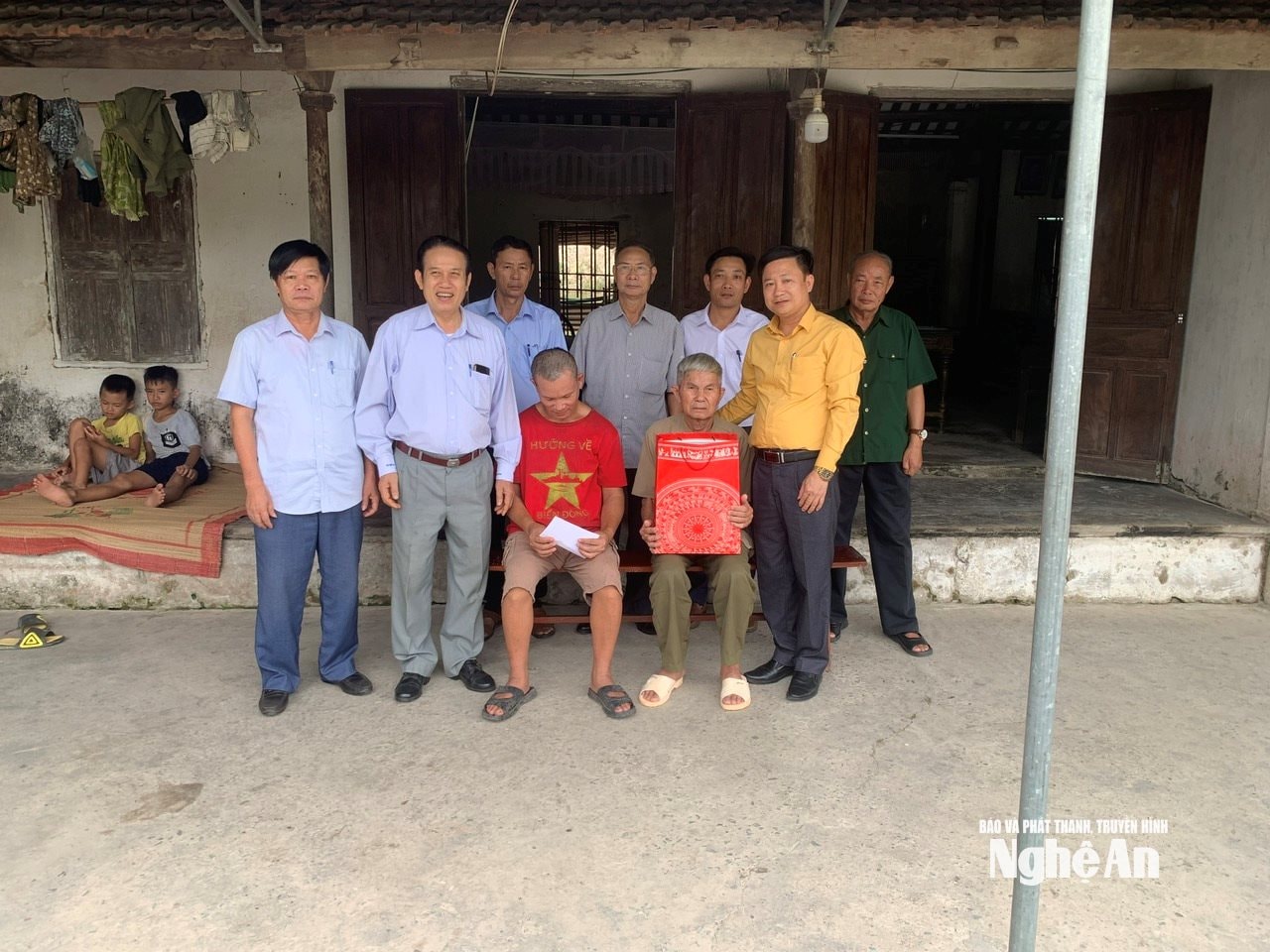
Son was often chained in the corner of the house because he could not control his behavior. Every day, his parents had to take care of him, feeding him spoonfuls of rice and cups of water. For the past two years, Son has suffered a stroke, unable to stand up or walk anymore. Mr. Nguyen Khanh Nha himself has also suffered a stroke, so all the care of Son fell on his elderly mother. Mr. Nha said: "In 1972-1974, when fighting in Quang Tri , then marching to the South, unfortunately that was the time when the US sprayed Agent Orange/dioxin, I and many comrades were exposed to toxic chemicals, leaving serious consequences for the next generation."
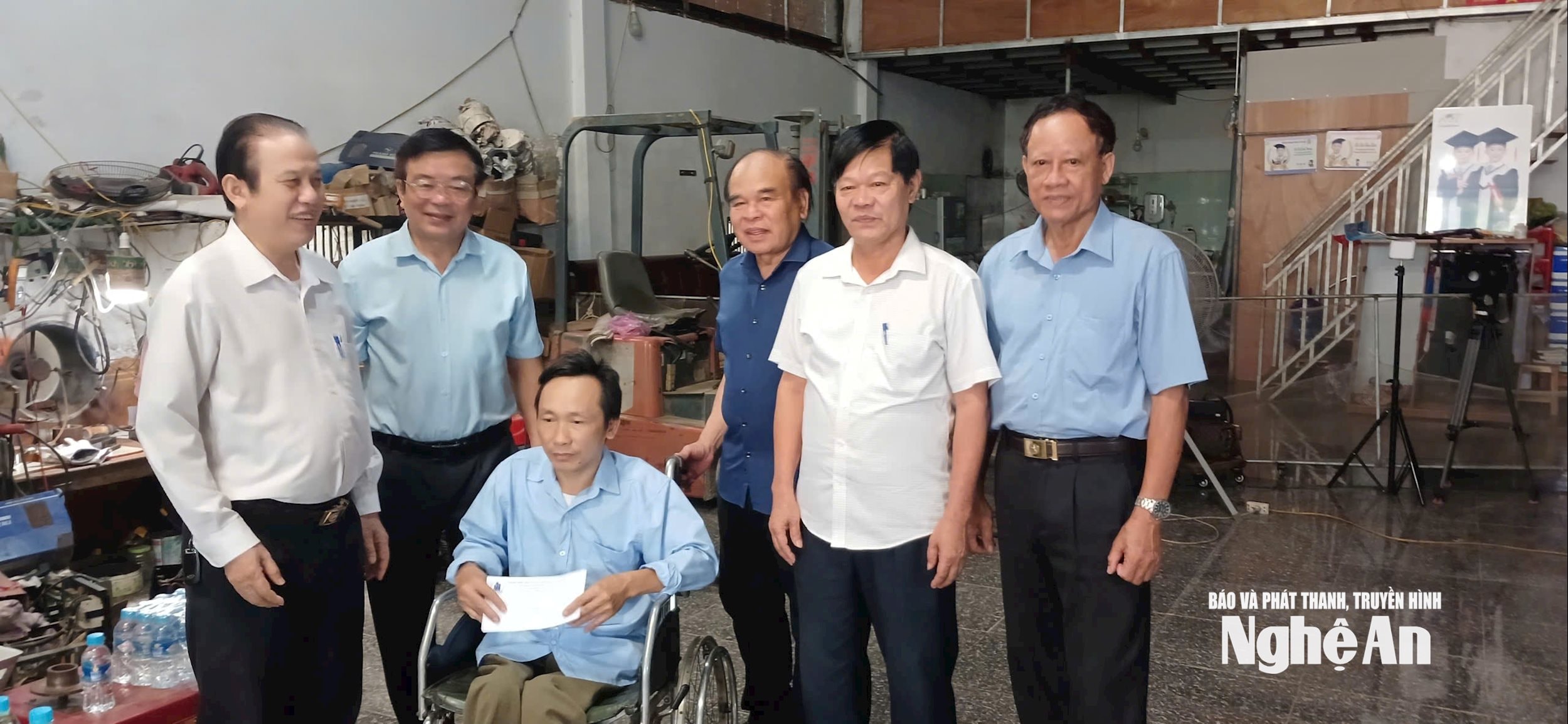
The pain of Agent Orange is excruciating and tormenting the lives of many soldiers returning from the fierce battlefield. Mr. Phan Van Minh in Hai Chau commune gave birth to 4 children, 2 of whom died of cerebral palsy, and 2 of his grandchildren are still struggling to survive; Mr. Pham Ba Canh in Yen Trung commune has raised 3 children who have been paralyzed for decades. The children of these families are over 30 years old but are still like 3-year-old babies. They cannot speak, cannot walk, cannot eat by themselves, and cannot take care of their most basic needs. A common painful image in families with Agent Orange victims is that their children and grandchildren are chained to prevent them from causing trouble. Next to the bed are old fathers and mothers, with blurred vision and weak strength, their hands shaking as they try to feed them spoonfuls of porridge and water, staying up all night with tears of helplessness.
According to statistics from the Nghe An Province Association of Victims of Agent Orange/Dioxin, the whole province has more than 30,000 people exposed to the agent. To date, 12,998 people are receiving benefits, including 8,594 direct victims and more than 4,394 indirect victims (children and grandchildren of infected people). Many families have 3-4 generations affected. Not only physical illness, many people also fall into psychological crisis, despair, self-esteem, live quietly, and hide from the community.
More specific, sustainable policies are needed.
Faced with such great losses, the Association of Victims of Agent Orange/Dioxin in Nghe An province was established in 2008 and has now developed in 130 communes and wards, with nearly 14,000 members.
In just the first 6 months of 2025, the Association at all levels mobilized more than 3.42 billion VND, including: Supporting house repairs for 11 cases with a budget of 220 million VND; Giving Tet gifts to 2,606 cases with 1.16 billion VND; Supporting livelihoods for 61 households with 348 million VND; Giving scholarships and savings books to 10 students; Giving wheelchairs and rocking chairs to 31 people with disabilities; Supporting medical examination and treatment, and unexpected visits to more than 2,500 cases with over 1.1 billion VND...
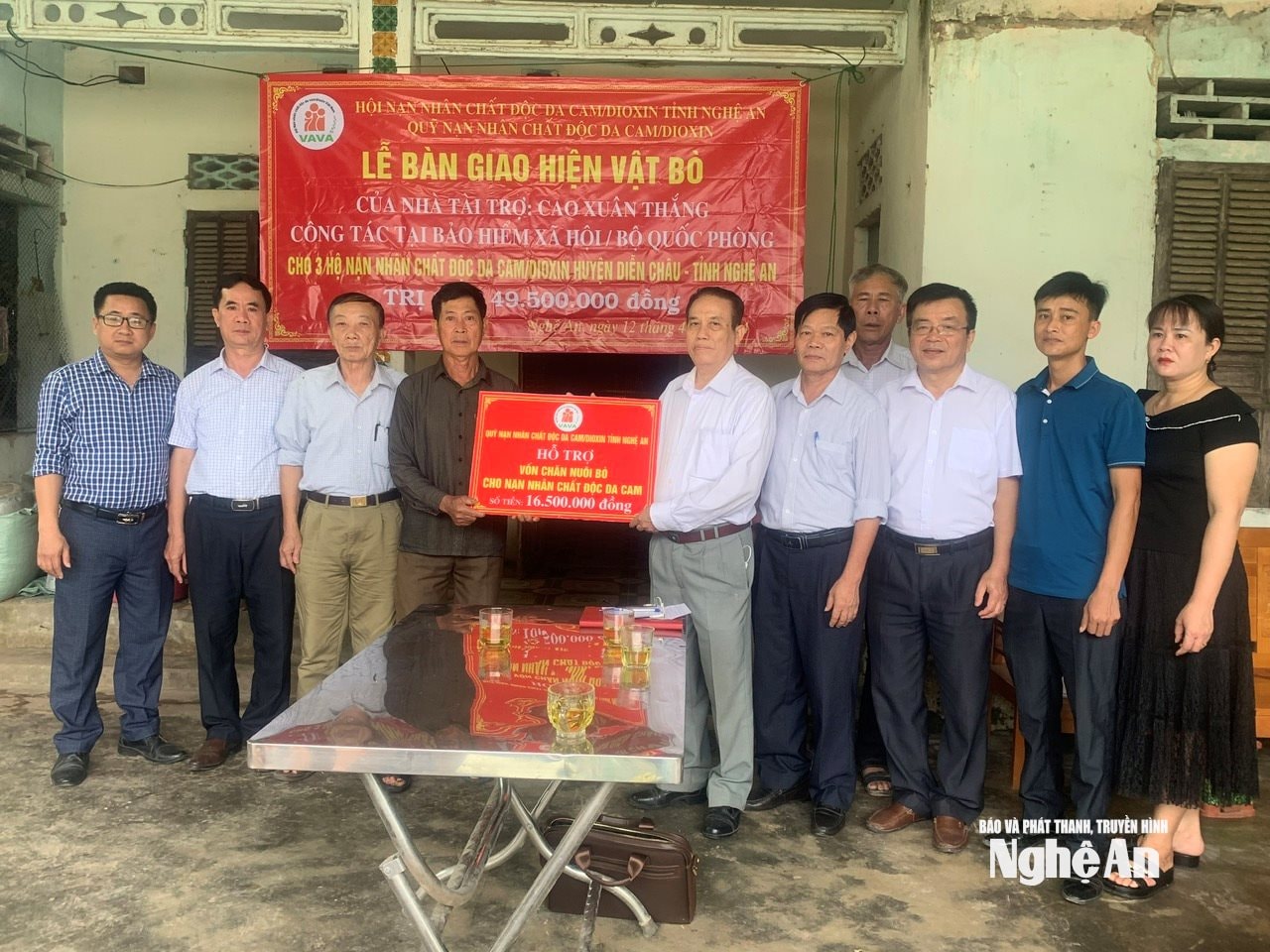
Each gift given is not only material, but also the warmth of human love. There are new houses built, wheelchairs helping the sick to get out of the dark corners of the room. Many families are supported with breeding cows, seedlings, and production capital to start their lives again.
The case of Mr. Nguyen Van Duc in Tan Chau commune is a proof. He himself was infected with Agent Orange, his limbs are crooked; his son is also disabled. But thanks to preferential loans, he has built a model of raising chickens and cows, becoming a well-off household, creating more jobs for people in the neighborhood. "I don't want to live on pity. I want to do something myself so that my children not only live, but also have hope," Mr. Duc said.
The story of Mr. Le Ba Thanh in Vinh Loc ward - the owner of an agricultural machinery manufacturing facility in the area, also inspired many people in the same situation. He had access to a loan source supported by the Policy Bank and the local government created favorable conditions for land lease support, gradually building a fairly spacious production facility. His factory currently generates an annual income of more than 300 million VND; creating jobs for 7-10 workers, including people with disabilities, with an income of 7-9 million VND/month per person.
However, there are still not many examples of Agent Orange victims successfully overcoming adversity. Up to now, most Agent Orange victims in Nghe An still live on subsidies of 900,000 - 1,200,000 VND/person/month, just enough rice to get through meals, not to mention medicine, hospital fees... Currently, in the whole province, there are more than 350 Agent Orange victims in especially difficult circumstances, many of whom are paralyzed and need care around the clock. This situation shows the urgent need for a specialized care and rehabilitation center for severe Agent Orange victims. However, despite many proposals, Nghe An has not yet been approved to build this center, while neighboring provinces such as Ha Tinh, Quang Binh, and Quang Tri already have it.
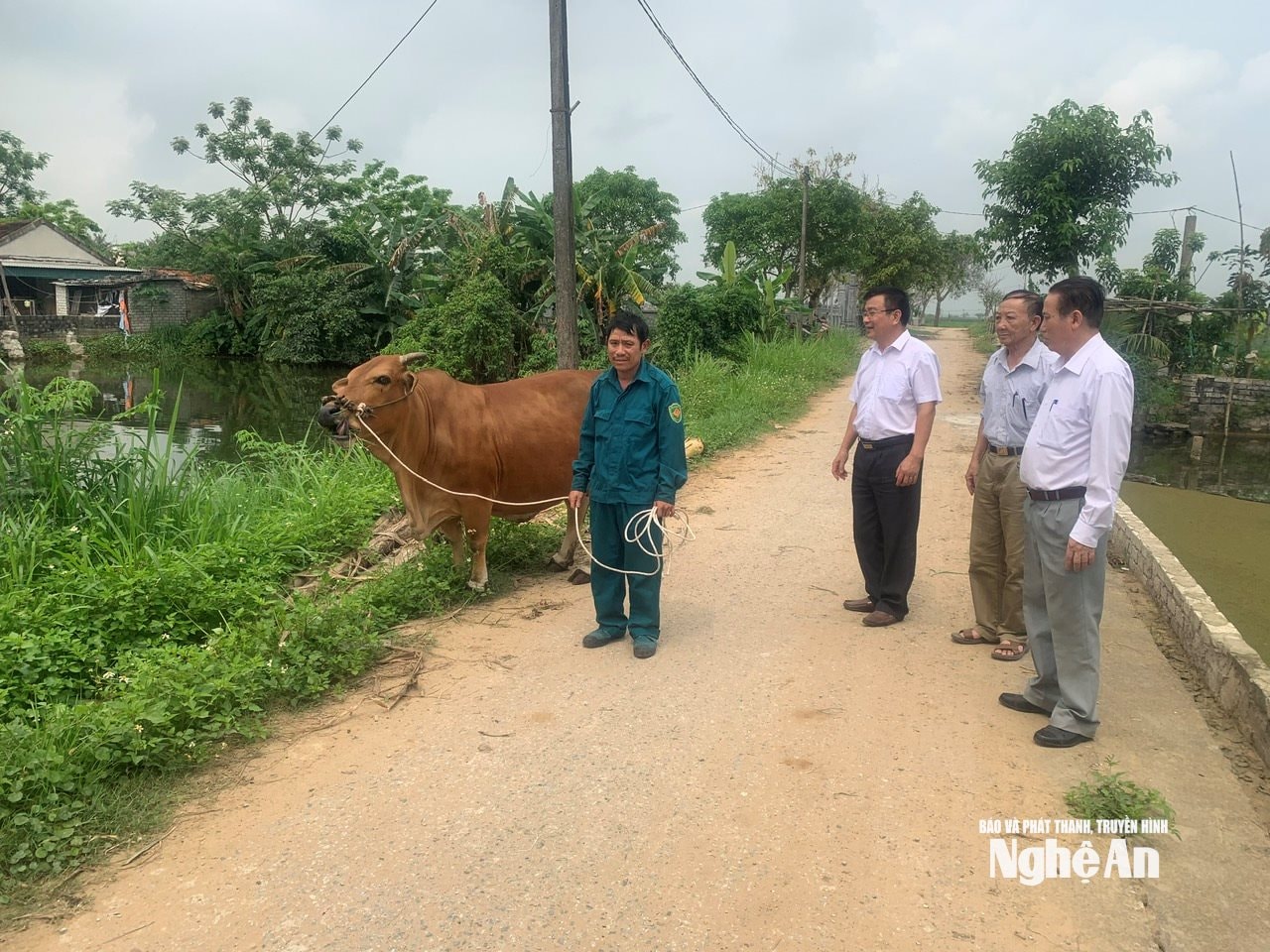
“Not everyone has relatives who are healthy enough to take care of them. When their parents pass away, who will the children live with and where will they live? We just hope for a center, even a small one, so that the children have a place to rely on,” said Mr. Hoang Dang Hoe, Chairman of the Association of Victims of Agent Orange/Dioxin in Nghe An Province.
Mr. Hoe also said that, along with direct support, the Association is coordinating the implementation of the Action Month for Agent Orange Victims in 2025, organizing many propaganda activities, mobilizing fund building, giving gifts and calling for the participation of the whole society. In the coming time, the Association will continue to advise on the construction of the Nghe An Province Agent Orange Victim Care Center; build a data system on victims and families in need of support; continue to mobilize businesses, social organizations and individuals to contribute to the Agent Orange Victims Fund...
64 years after the Agent Orange disaster in Vietnam, the consequences have not stopped. Not only are there physical disabilities, but also psychological trauma, inferiority complex, and self-esteem that last from generation to generation. Faced with this reality, in addition to macro policies, what is needed more than ever is a specific, sustainable decision, from building nursing centers, vocational training, special care... to increasing subsidies, promoting the socialization of funds for Agent Orange victims. More than anything, it is the understanding and companionship from the community, not just greetings during a "month of action", but also a persistent sharing throughout the long journey for those who still have to bear the lingering pain after the war.
Source: https://baonghean.vn/noi-dau-da-cam-va-trach-nhiem-cua-chung-ta-10304188.html




![[Photo] President Luong Cuong receives delegation of the Youth Committee of the Liberal Democratic Party of Japan](https://vstatic.vietnam.vn/vietnam/resource/IMAGE/2025/8/22/2632d7f5cf4f4a8e90ce5f5e1989194a)
![[Photo] President Luong Cuong attends special political-artistic television show "Golden Opportunity"](https://vstatic.vietnam.vn/vietnam/resource/IMAGE/2025/8/22/44ca13c28fa7476796f9aa3618ff74c4)


![[Photo] Prime Minister Pham Minh Chinh chairs the conference to review the 2024-2025 school year and deploy tasks for the 2025-2026 school year.](https://vstatic.vietnam.vn/vietnam/resource/IMAGE/2025/8/22/2ca5ed79ce6a46a1ac7706a42cefafae)
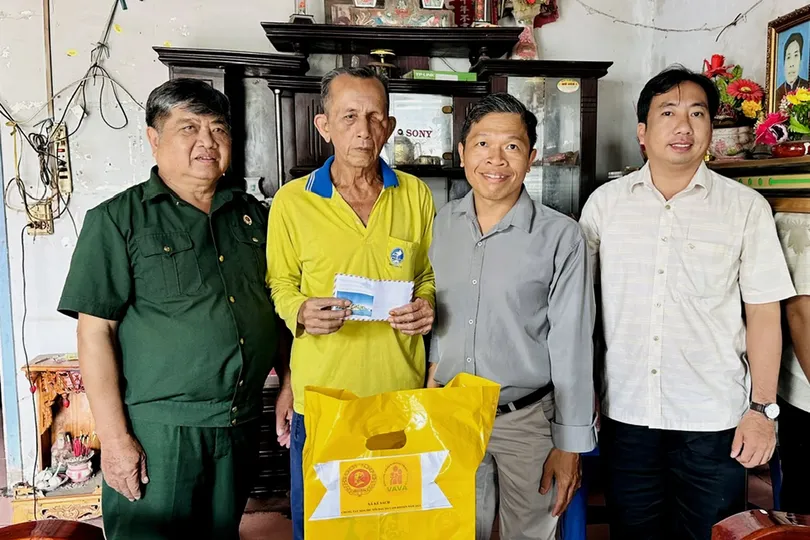

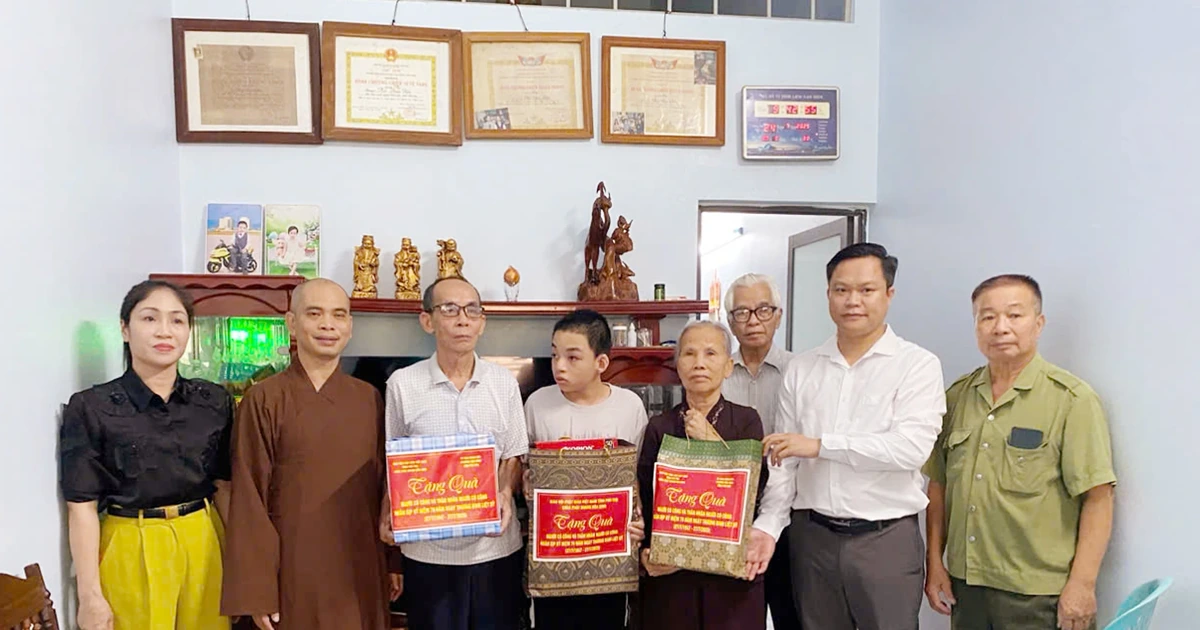

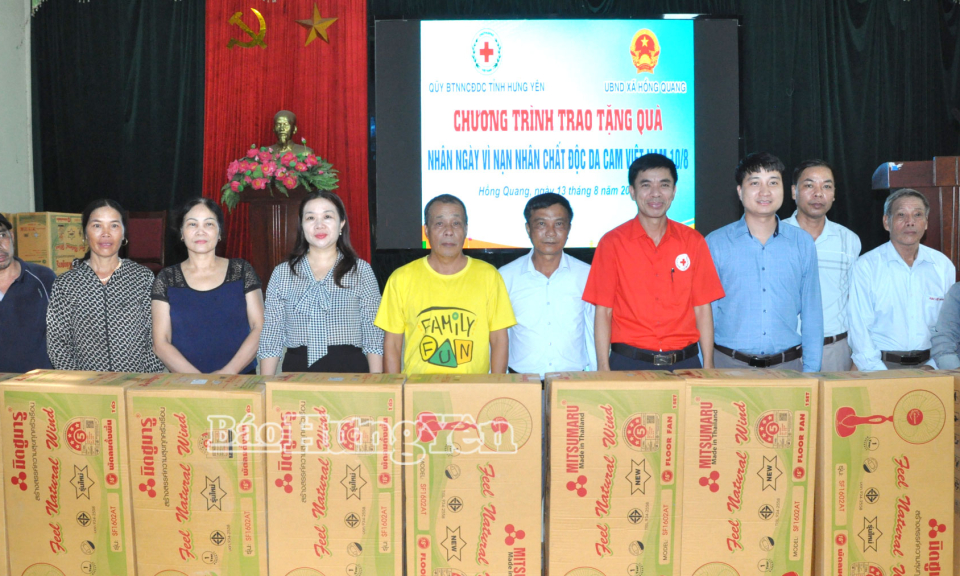

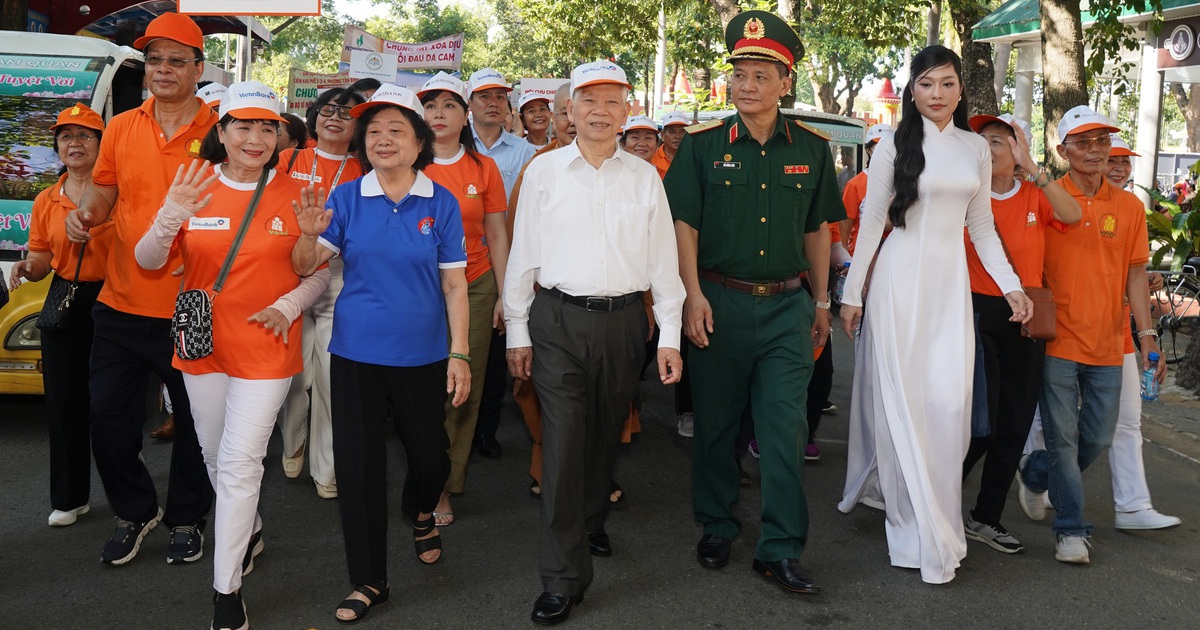

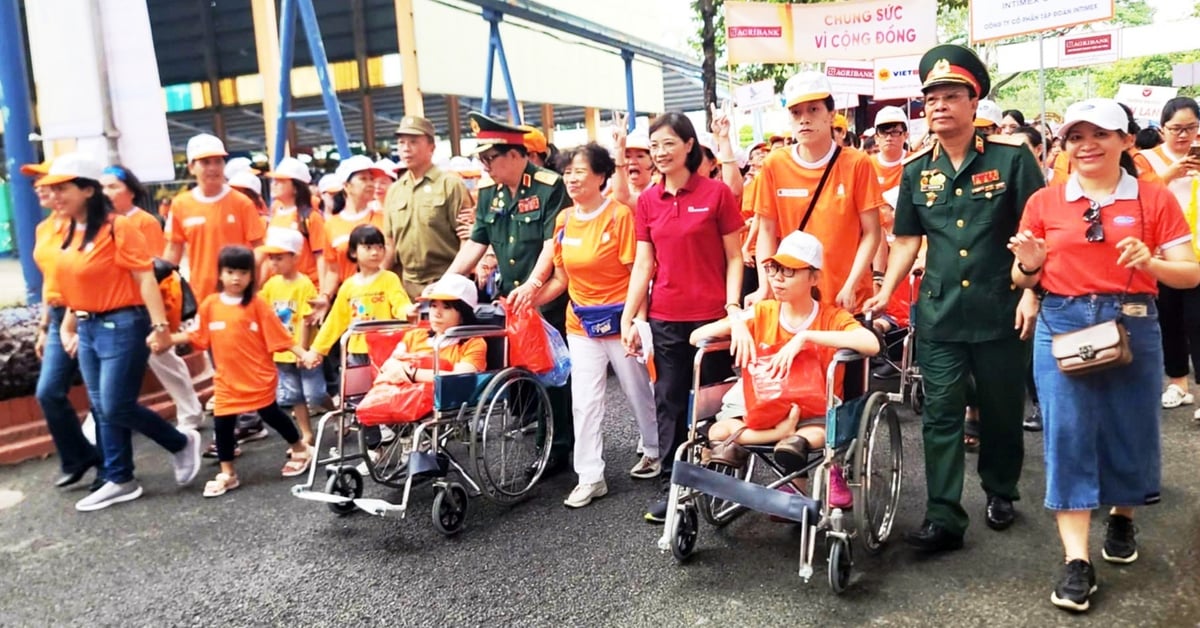

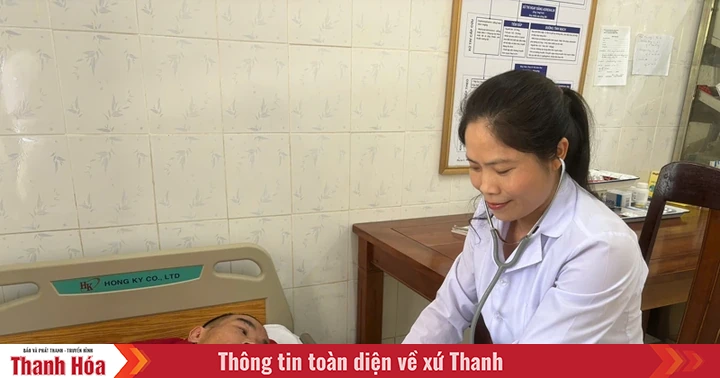

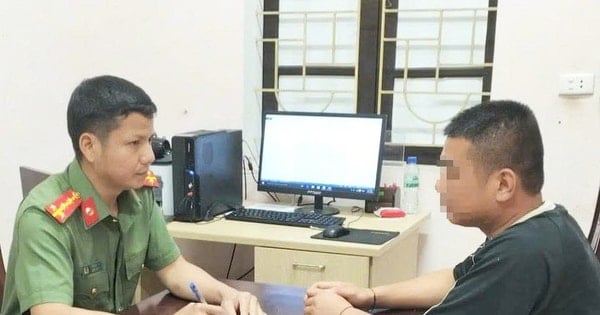



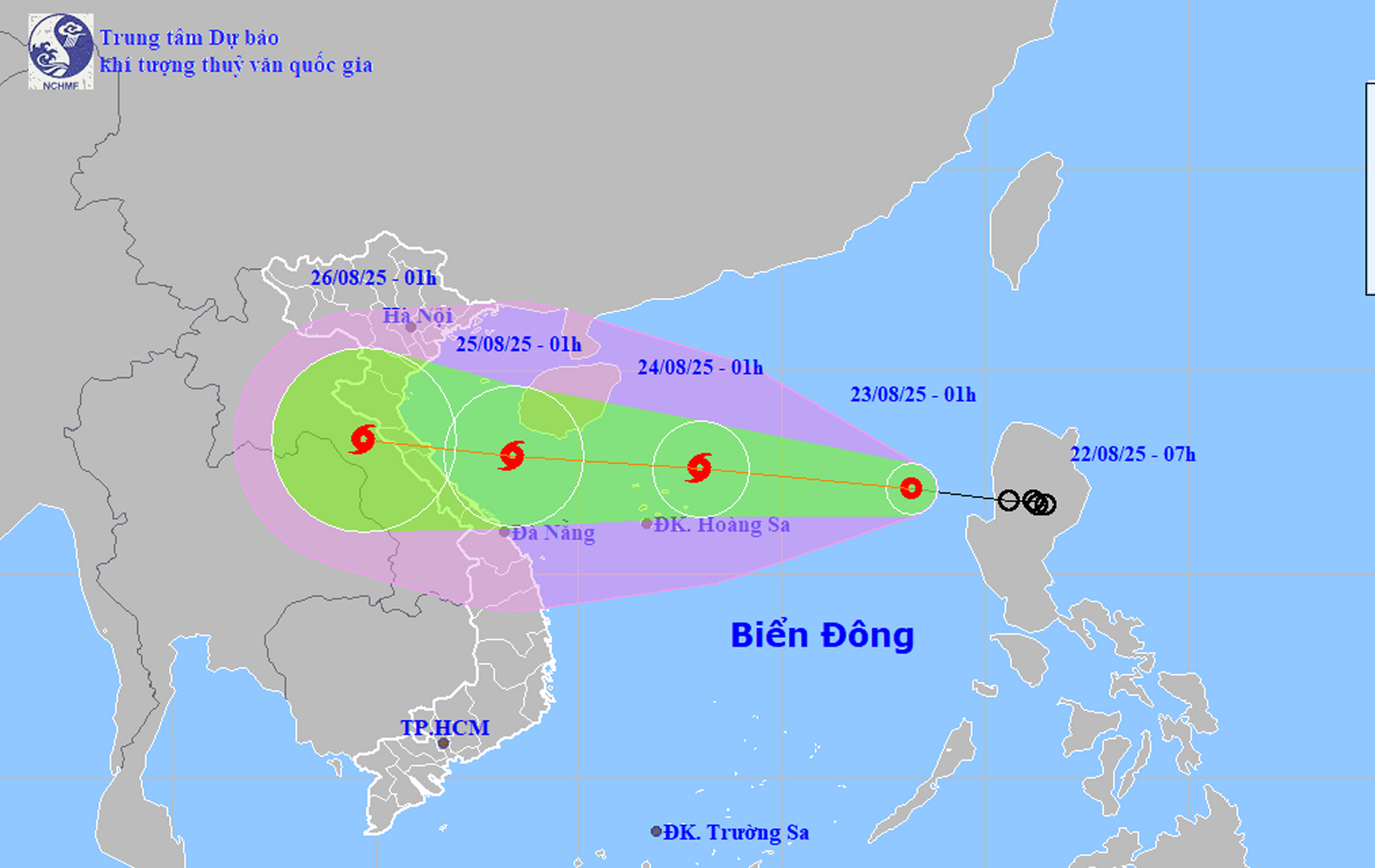

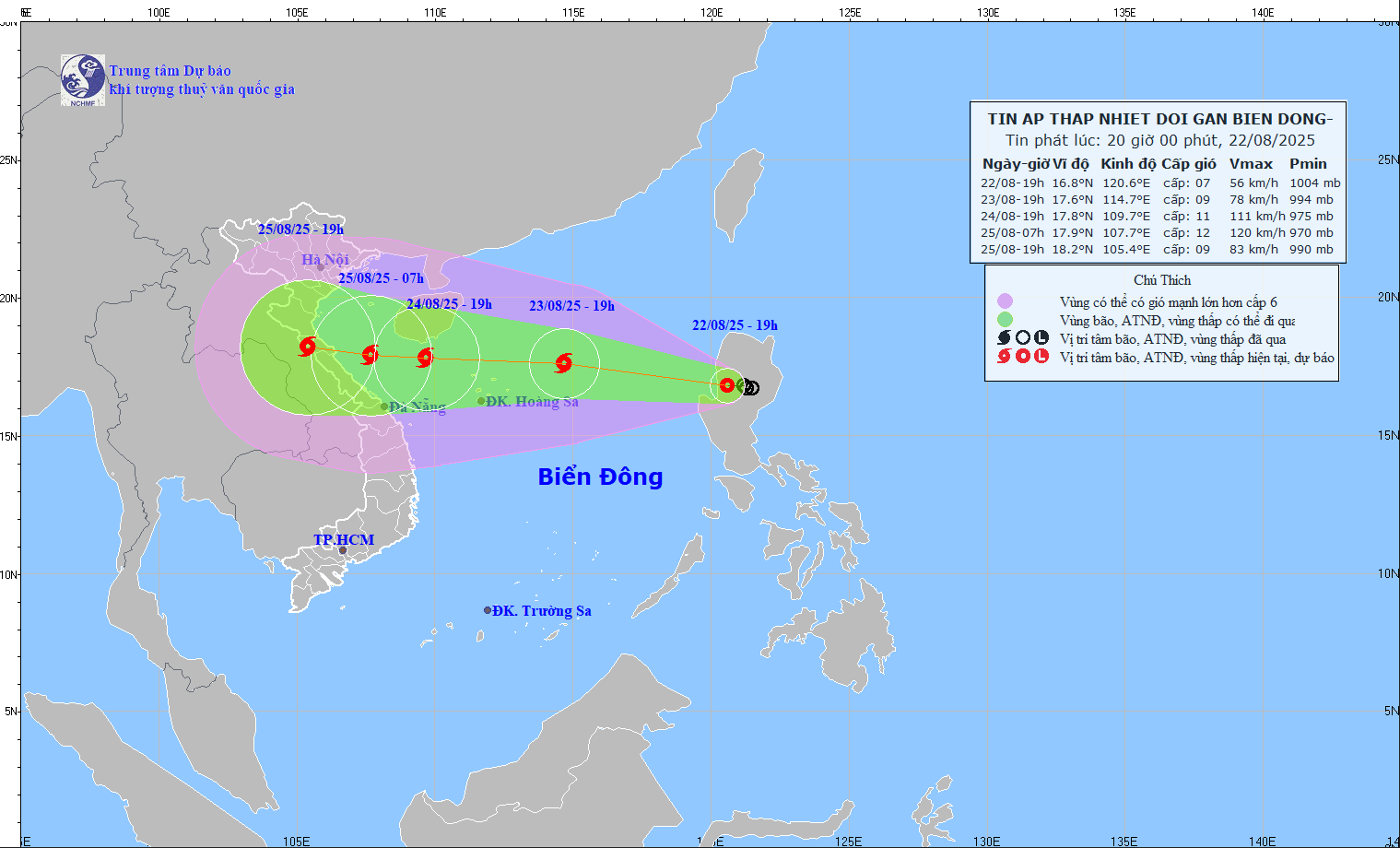
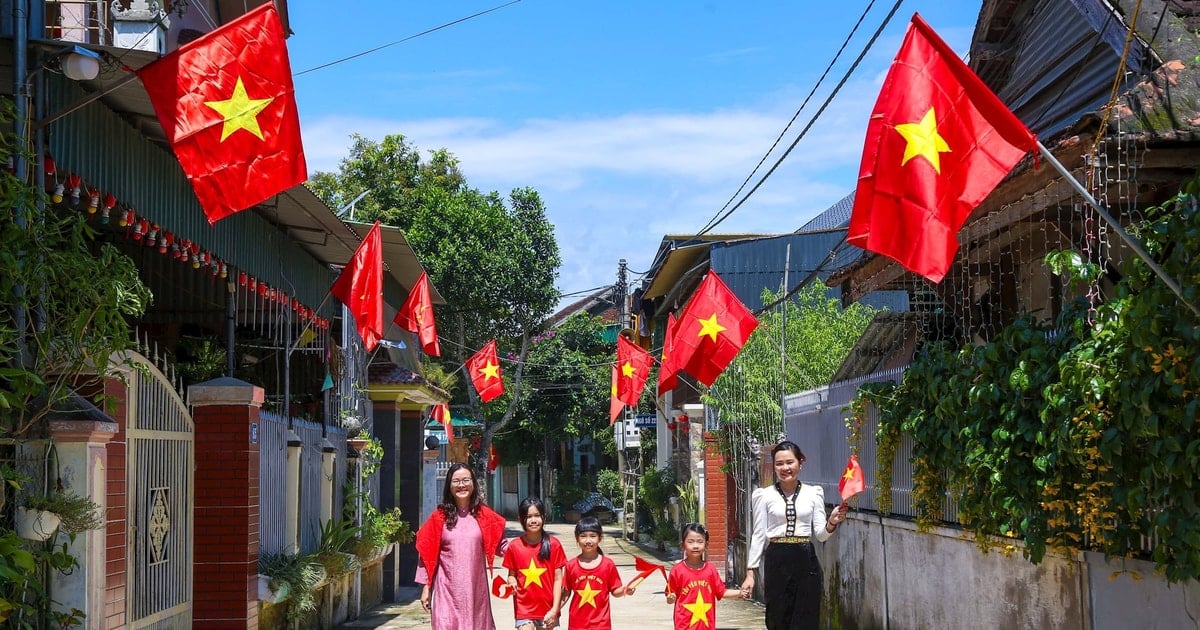
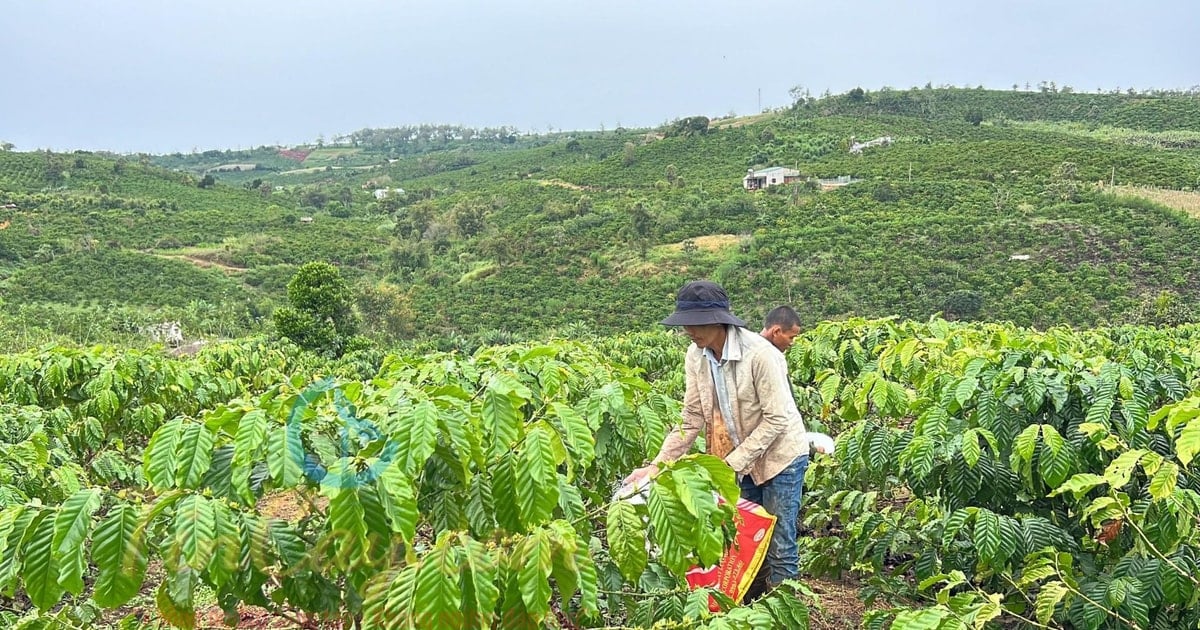




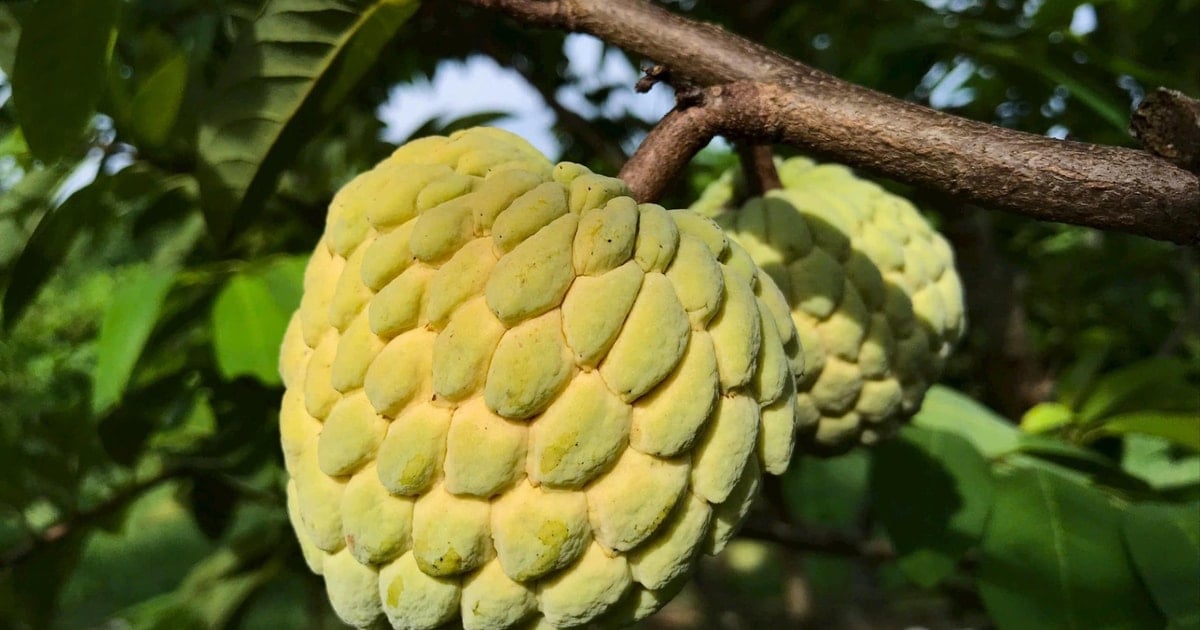
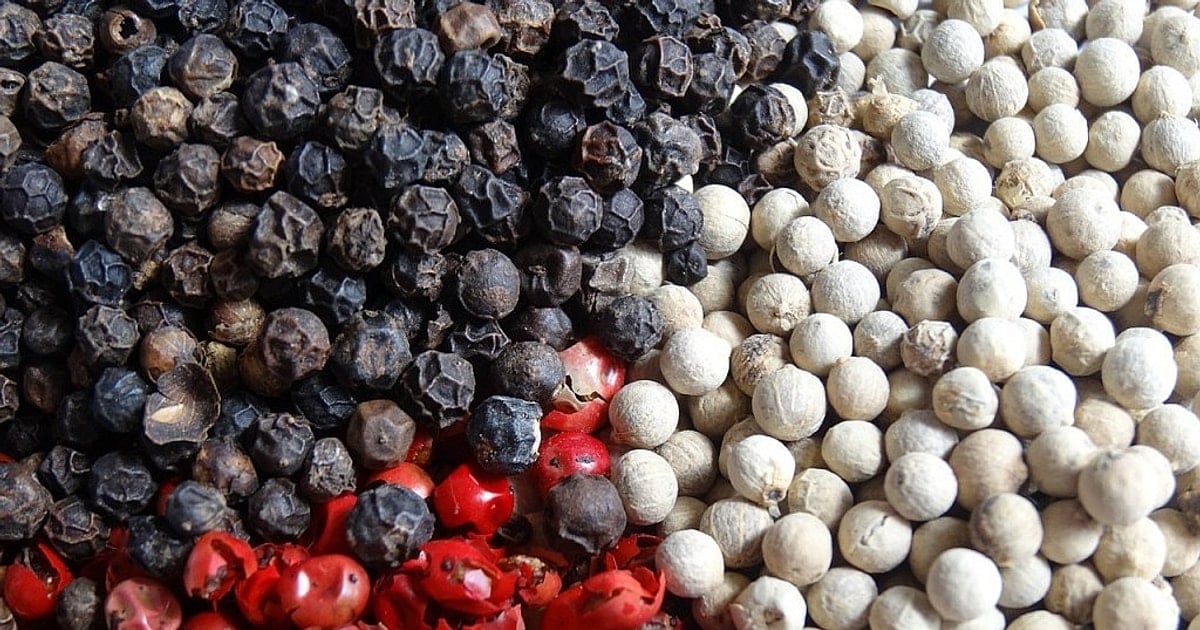
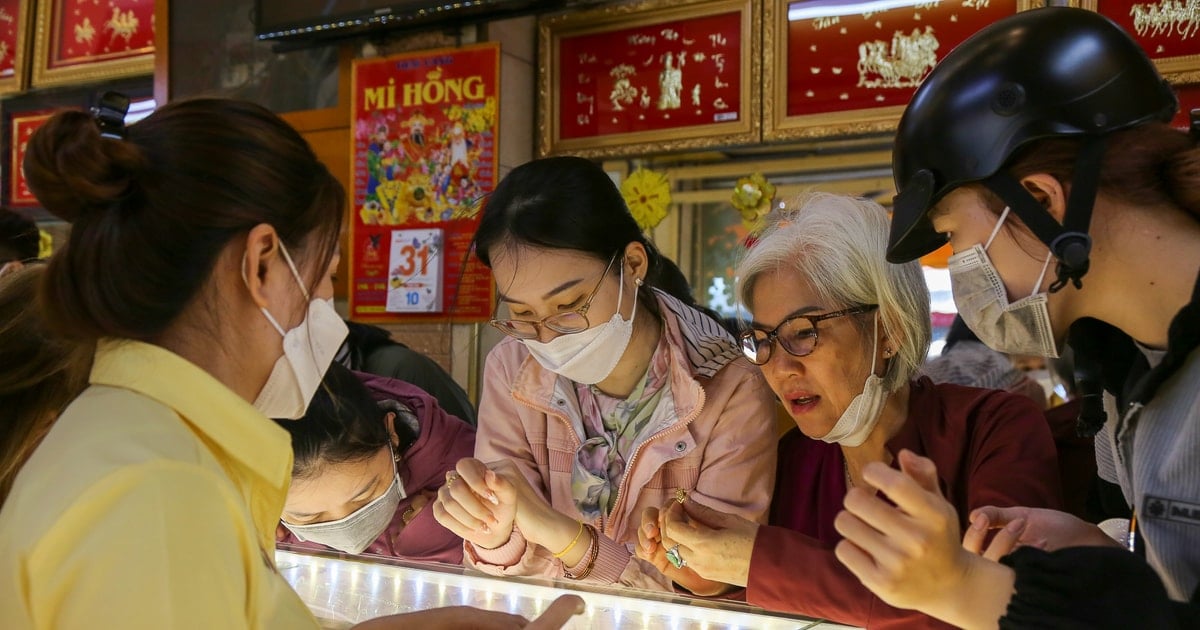
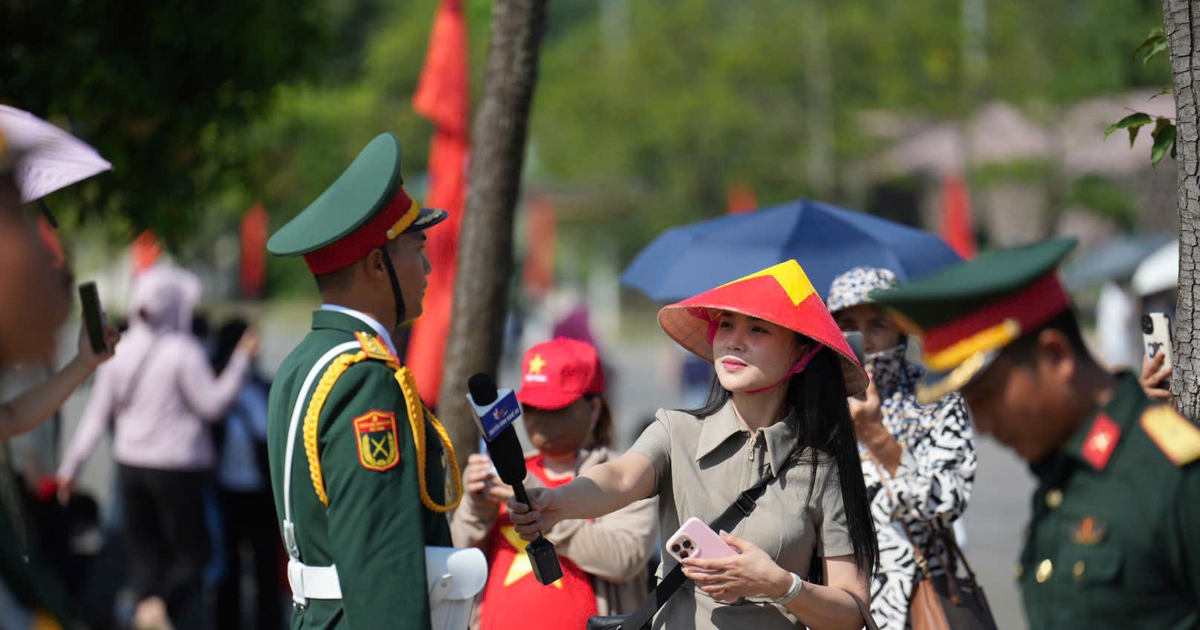

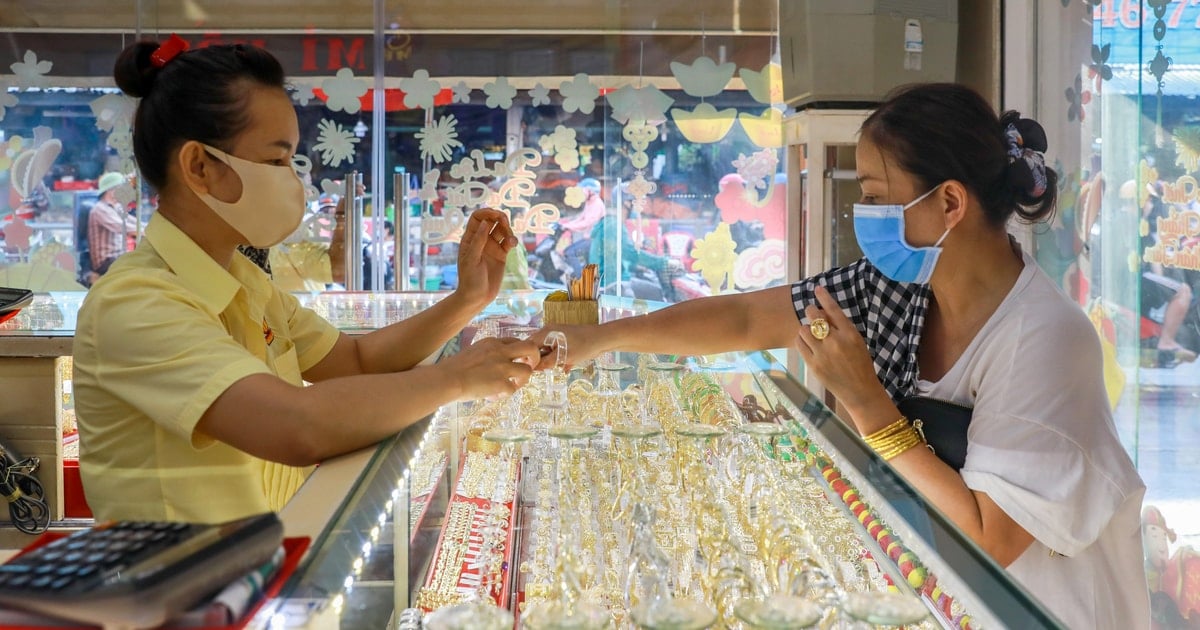



































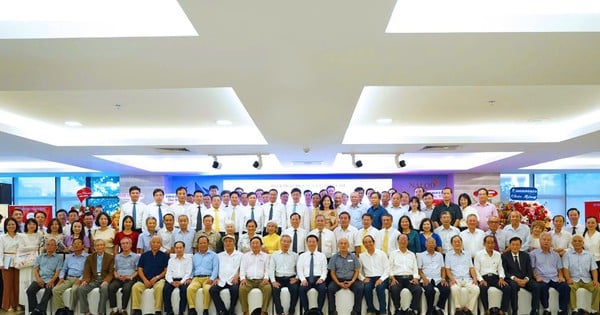

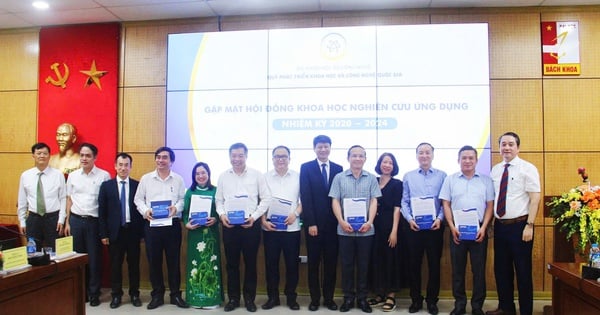





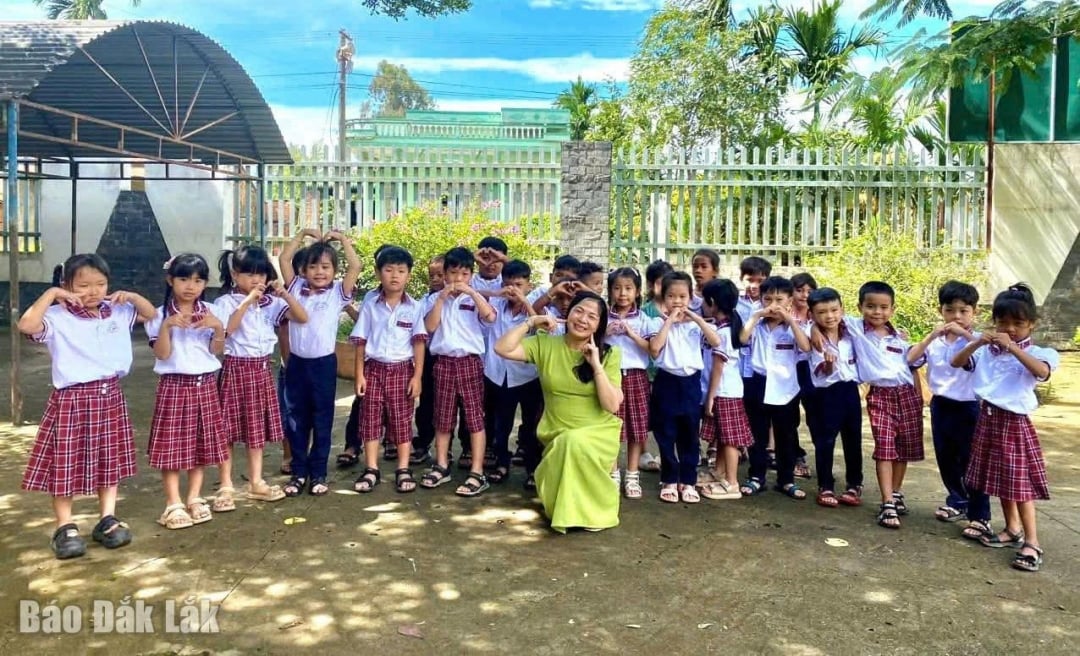

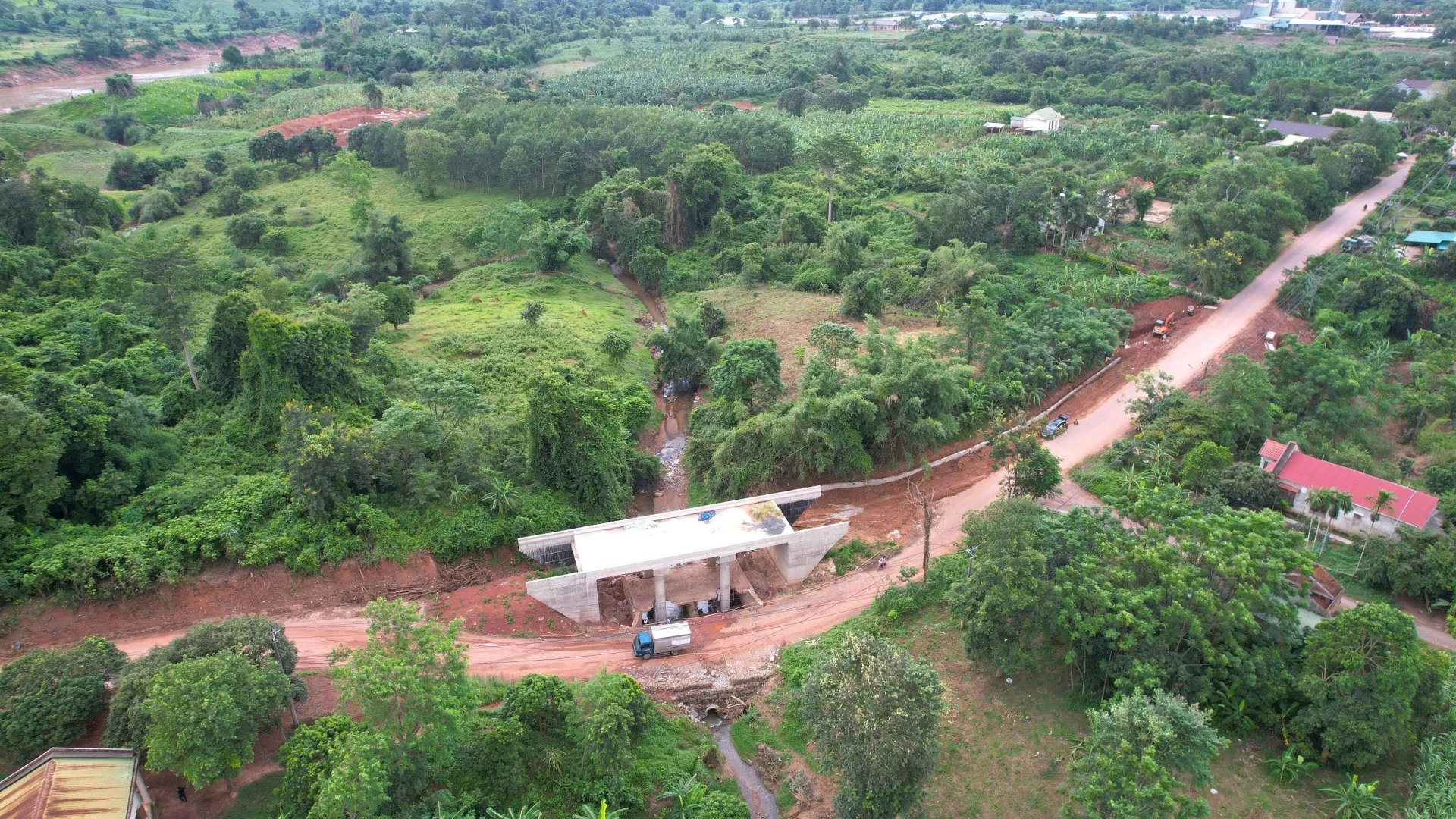

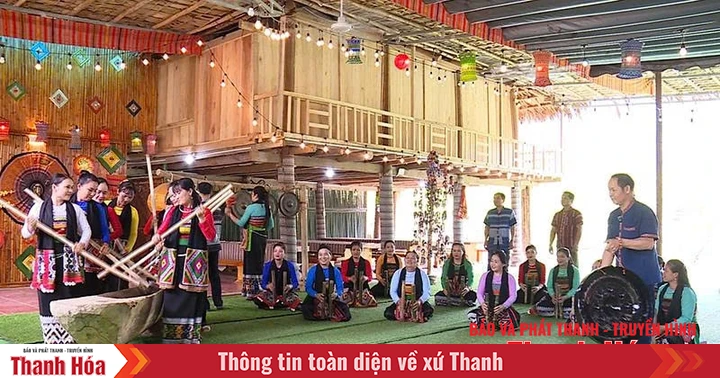
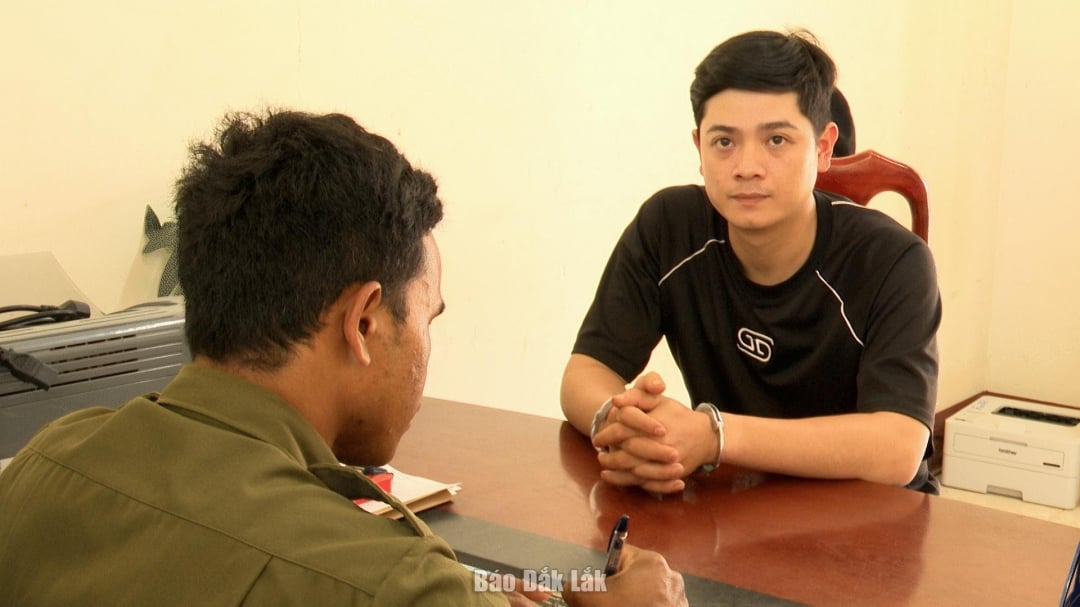



















Comment (0)